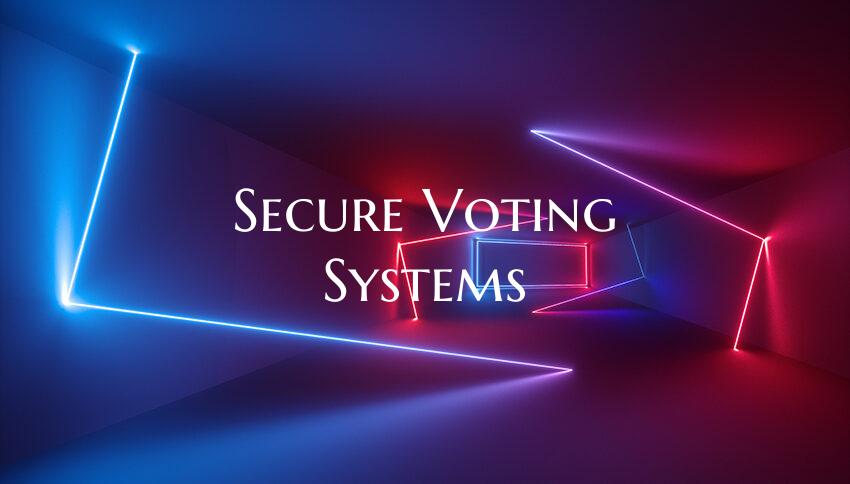Secure Voting Systems
In a rapidly evolving digital age, the integrity and security of voting systems have become paramount in preserving the democratic process. Secure voting systems are essential to guaranteeing the accuracy and confidentiality of electoral outcomes, thereby upholding the trust of citizens in the electoral process. By implementing robust measures to safeguard voting systems from potential threats and vulnerabilities, governments can enhance the transparency and credibility of elections.
The foundation of secure voting systems lies in the use of advanced technologies and encryption methods to protect the entire voting process. One key aspect is the adoption of end-to-end encryption, which ensures that votes remain confidential and tamper-proof during transmission and storage. Additionally, the authentication of voters through secure login credentials and verification processes helps to prevent unauthorized access and fraudulent activities.
To mitigate the risks associated with cyber threats and hacking attempts, regular security audits and penetration testing should be conducted to identify and address potential vulnerabilities in voting systems. Implementing multi-factor authentication, firewalls, and intrusion detection systems can bolster the defenses against unauthorized access and data breaches.
Moreover, the use of blockchain technology has emerged as a promising solution to enhance the security and transparency of voting systems. By creating an immutable and decentralized ledger of votes, blockchain can prevent tampering and manipulation of electoral data, ensuring the accuracy and reliability of election results.
Public awareness and education on the importance of secure voting systems are crucial in fostering a culture of vigilance and accountability among citizens. By promoting transparency in the electoral process and encouraging voter participation, governments can build trust and confidence in the integrity of voting systems.
In conclusion, the implementation of secure voting systems is essential to uphold the principles of democracy and ensure the legitimacy of electoral outcomes. By adopting advanced technologies, encryption methods, and security measures, governments can safeguard the confidentiality, accuracy, and transparency of elections, thereby reinforcing the foundation of democracy for future generations.

